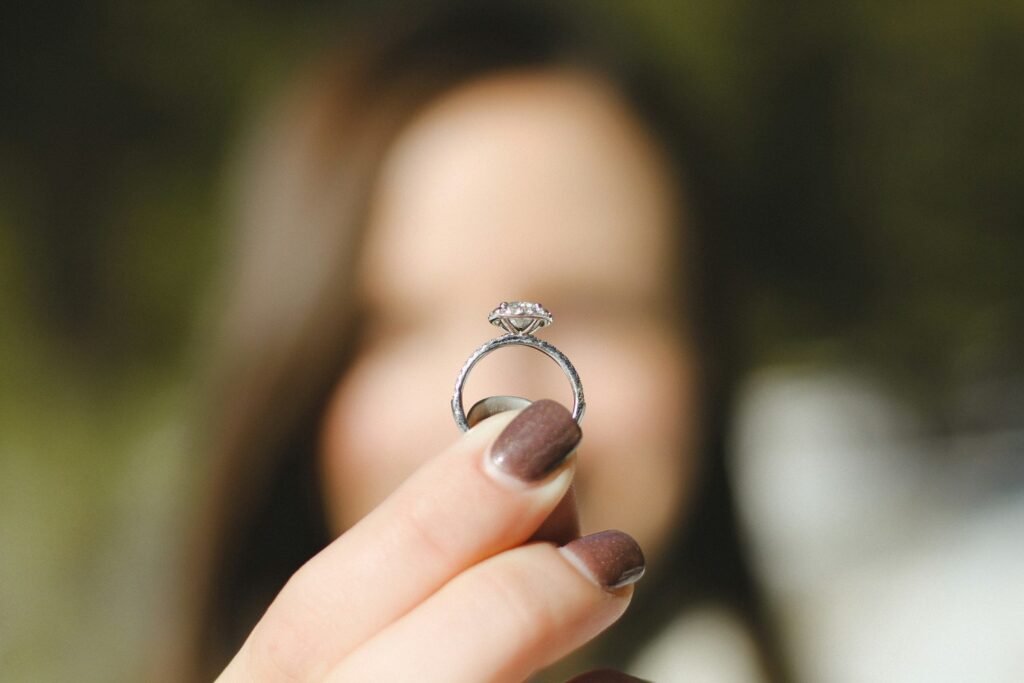Marriage is a change in status, not a change in name.
“When petitioner married her husband, she did not change her name but only her civil status.1”
Marriage represents a transformation in the legal status of individuals. It is a formal recognition of a committed partnership, entailing rights, responsibilities, and privileges under the law. Upon marriage, spouses acquire legal obligations towards each other, including mutual love, respect and fidelity, and render mutual help and support.2
Moreover, marriage establishes a new familial relationship, creating bonds of kinship that extend beyond individual identity. Spouses become heirs to each other’s property, decision-makers in matters of healthcare and finance, and partners in building a shared future.
For generations, it has been customary for Filipino women to embrace their husband’s surname upon marriage, a symbol of unity and familial belonging. Yet, as societal landscapes evolve and the principles of gender equality gain prominence, the legal framework has adapted to accommodate diverse expressions of identity within the institution of marriage.

According to Philippine law, a married woman has the following options as to the name she will use:
- Her maiden first name and surname and add her husband’s surname, or
- Her maiden first name and her husband’s surname, or
- Her husband’s full name, but prefixing a word indicating that she is his wife, such as “Mrs.”3
The Supreme Court has held that the abovementioned provision of law is permissive and not mandatory. 4 Simply stated, a married woman may continuously use her maiden name and not take her husband’s surname. This choice may be brought on by personal preference, professional identity, or emotional connection.
Regardless of surname, married individuals maintain their legal responsibilities towards each other. They also enjoy the same legal privileges and benefits conferred by marriage, irrespective of the surname they choose to use.

What are the steps in changing or retaining one’s surname after marriage?
After marriage, one must update her civil status in different government agencies and decide if she will retain her maiden name or change it to include her husband’s surname. It may seem like an overwhelming task but it is a simple administrative process which only involves the following steps:
Gather Required Documents
The main document required is the Marriage Certificate. The Philippine Services Authority (PSA) provides a stress-free, online service for obtaining one’s Marriage Certificate through their website. Additional documents may be requested by specific agencies such as Valid Identification.
Inform Relevant Institutions
Once the requirements are secured, the next step is to head over to relevant government agencies and apply the desired changes. For example, one can apply for a new Passport with the Department of Foreign Affairs (DFA) and a new Driver’s License at the nearest Land Transportation Office (LTO) by submitting her Marriage Certificate and other documentary requirements, as needed. This may be done immediately or on the next renewal date.
Other important government agencies to inform include the Bureau of Internal Revenue, Social Security System (SSS), Government Service Insurance System (GSIS), Philippine Health Insurance Corporation (PhilHealth), Philippine Identification System (PhilSys), Pag-IBIG Fund and Commission on Elections (COMELEC).
Finally, relevant institutions such as banks, insurance providers and employers will also require the updated information.
When may a married woman revert to her maiden name?
Philippine law provides that a married woman, who has taken her husband’s name, may use her maiden name again after the death of the husband,5 annulment of the marriage,6 declaration of nullity, or recognition of a valid divorce decree.7
However, in the case of legal separation, the woman shall continue to use her name and surname employed before the legal separation.8 If the woman has opted to use her husband’s name or surname, she shall continue to use such name even after the grant of the legal separation. In legal separation the marital bond continues even if they may legally live and own property separately.
Generally, the law is permissive and allows the woman to decide whether to retain her husband’s name or revert to her maiden name. However, the law also provides for exceptions. In the case of an Annulment Decree, the woman must revert to her maiden name, if any of the following circumstances are present:
- The wife is the guilty party, i.e., gave cause to the annulment of the marriage. In this case, the wife must revert to her maiden name.
- The Court decrees the use of the maiden name.
- The wife or former husband is married again to another person.9
The Civil Code provides that no person shall change their name or surname without judicial authority.10 However, in the case of marriage, or the end thereof, it is not necessary to seek juridical authority for a woman to change her name as the law provides for such change.11

The decision to retain one’s maiden name or adopt a spouse’s surname is deeply personal, reflecting a myriad of cultural, familial, and professional considerations. Some may choose to honor tradition, while others may opt for practicality or personal preference. Whatever the choice, the law stands as a beacon of empowerment, illuminating the path towards self-determination and inclusivity.
Prepared by Meliza Gielvert Lualhati.
FOOTNOTES
- Yasin v. Honorable Judge Shari’a District Court, 311 Phil. 696-716 (1995).
- Art. 68, Civil Code of the Philippines.
- Art. 370, Civil Code of the Philippines.
- Remo v. Secretary of Foreign Affairs, 628 Phil. 181 (2010).
- Art. 373, Civil Code of the Philippines.
- Art. 371, Civil Code of the Philippines.
- Yasin v. Honorable Judge Shari’a District Court, 311 Phil. 696-716 (1995).
- Art. 372, Civil Code of the Philippines.
- Art. 372, Civil Code of the Philippines.
- Art. 376, Civil Code of the Philippines.
- Yasin v. Honorable Judge Shari’a District Court



